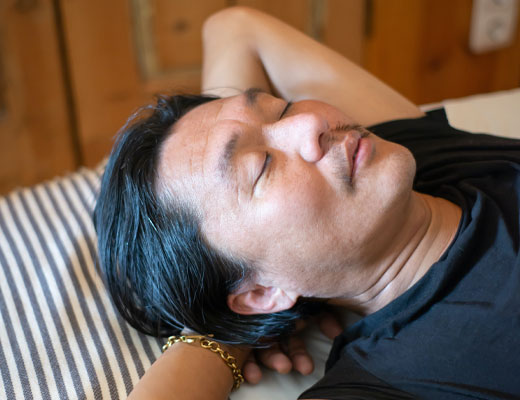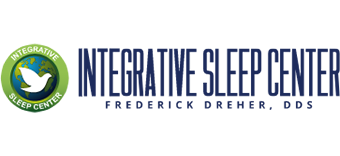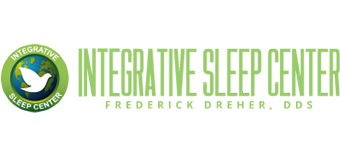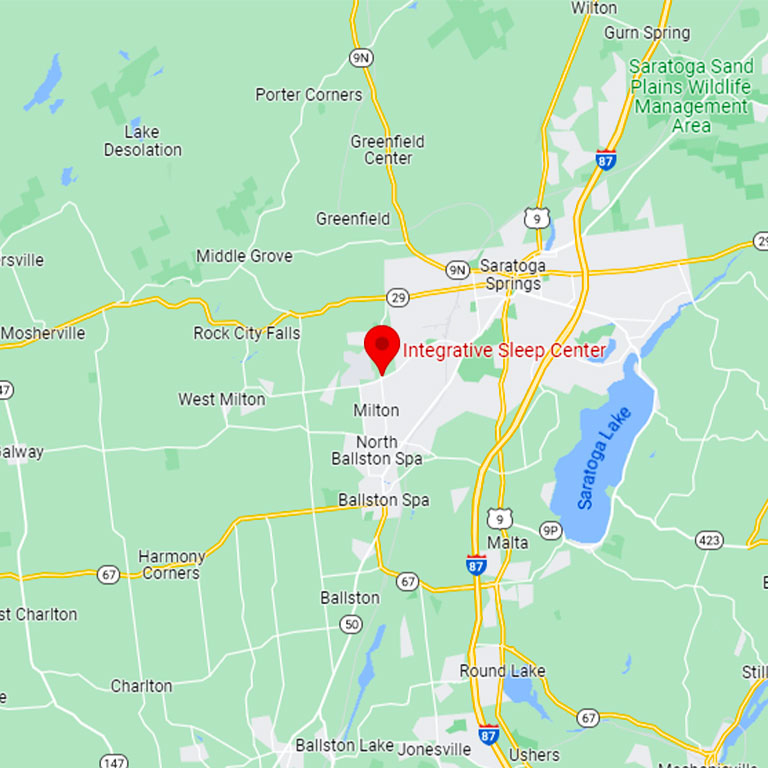Oral Appliance Therapy

Do you feel groggy during the day no matter how much sleep you got the previous night? Has your partner complained that you snore too loudly? Do you wake yourself up in the middle of the night gasping for air? These three scenarios are all common with sleep apnea. If you’re concerned that you could have this potentially serious health condition, schedule an appointment at Integrative Sleep Center for testing.
What is Sleep Apnea, and What Causes It?
When you have sleep apnea, it means that you stop breathing for several seconds during your sleep. The longer you can’t get a deep breath, the more likely it is that you will wake up gasping for air. These incidents can occur once or dozens of times every night. Obstructive sleep apnea is the most common type, but you could also receive a diagnosis of central or mixed sleep apnea.
Approximately 10 percent of women and 25 percent of men in the United States have some form of sleep apnea. Children can also develop the condition. Apnea incidents occur due to a blockage of the airways in the throat, such as the soft tissue that sits at the back of the throat collapsing. Here are some of the most common risk factors for sleep apnea:
- Enlarged tonsils
- Large neck circumference
- Nasal obstruction
- Overbite
- Overweight or obese
- Small jaw
- Soft palate hangs lower than usual
Seeking prompt help for sleep apnea is essential, since the condition can increase the risk of chronic health conditions like diabetes or can even be fatal in rare cases.
Oral Appliance Therapy in Ballston Spa, NY
Oral appliance therapy is the most appropriate first line of treatment for people with mild to moderate obstructive sleep apnea. However, you don’t just need to take our word for it. The American Academy of Sleep Medicine recently released a research paper showing that the organization came to the same conclusion.
Oral appliances for sleep apnea work by applying mild pressure to the tongue to prevent it from freely blocking air from entering and exiting the throat while you sleep. Another version of oral appliances used to treat sleep apnea pushes the jaw forward during sleep to keep the airways at the back of your throat open. These two types of devices are for adults, while a third type was designed specifically for growing children.
Benefits of Using Oral Appliances to Treat Sleep Apnea
You should find that your mood, energy level, and ability to concentrate all improve within a few weeks of starting to wear your oral appliance at night. Compared to CPAP machines, oral appliances for sleep apnea treatment are comfortable, don’t require electricity, are quiet, and are much more discrete. When you need to travel, it’s much easier to put a small oral appliance in its case and place it in your purse or luggage than haul a CPAP machine with you.
You might also notice some minor side effects when you first start wearing an oral appliance. For example, you may drool or wake up with a dry mouth. Your teeth could feel sore or loose, and long-term use of an oral appliance could affect your bite. We recommend that you speak to your dentist as well as your team here at Integrative Sleep Center if you have any concerns about wearing the device.
Are you ready to say good-bye to sleep apnea? Contact us to learn more about oral appliance therapy in Ballston Spa, NY today.
Sources
Oral appliance therapy clinical guideline published jointly by AASM and AADSM – American Academy of Sleep Medicine – Association for Sleep Clinicians and Researchers
Guidelines – American Academy of Dental Sleep Medicine (aadsm.org)



